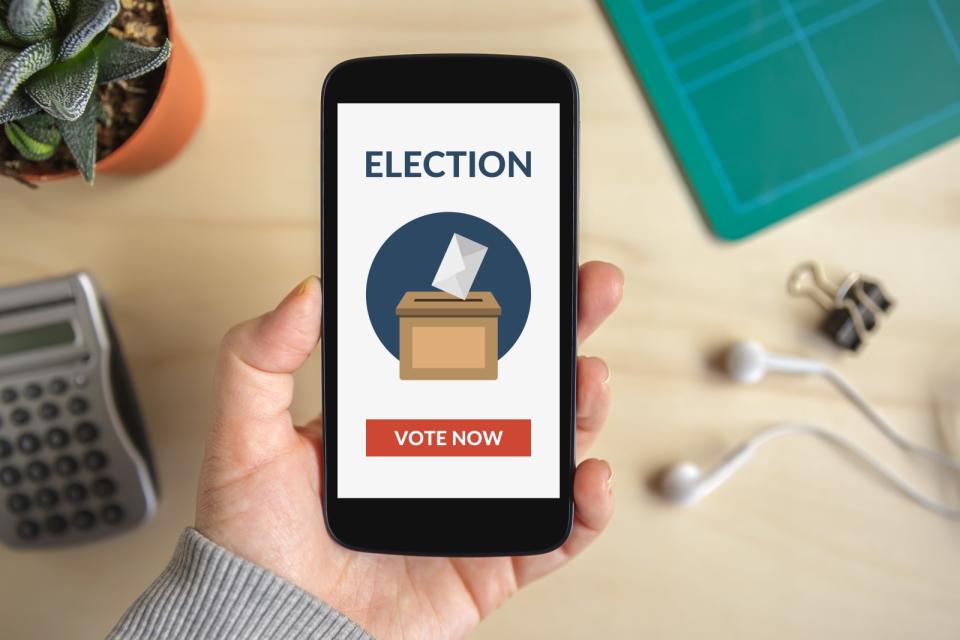West Virginia will try mobile voting for troops serving abroad
The Voatz app uses blockchain technology and facial recognition.
Despite our skepticism of applying tech to the electoral process, CNN reports that after limited tests earlier this year (PDF), West Virginia is planning to roll out mobile voting for its midterm elections in November. Availability will be limited "largely" to troops serving abroad as an alternative to mailed absentee ballots, and individual counties can decide whether or not to participate.
The plan is to use software from Voatz (the z, presumably, keeps it fresh), a startup that has received about $2.4 million in funding so far. Because it's 2018, Voatz naturally touts its use of blockchain technology (as well as registration based on government ID and a self-shot video for facial recognition, plus an additional layer of biometric security with either another selfie or thumbprint) to anonymously tally and verify each submitted ballot.
West Virginia Secretary of State Mac Warner told CNN that the software successfully passed four audits that tested its cloud and blockchain tech; however, its setup has already faced criticism from researchers like Sarah Jamie Lewis for "weak" single-user blockchain technology that in practice is just a database, and its unpublished source code. Meanwhile, Kevin Beaumont noted several potential issues with the server for its website that didn't bode well for security.
As we noted in April, even if server and database security gets solved, there's still the issue of insecure mobile devices and the networks people use for connections. Despite those misgivings the potential future of mobile voting will turn into the present for some deployed West Virginians in just a few months.



